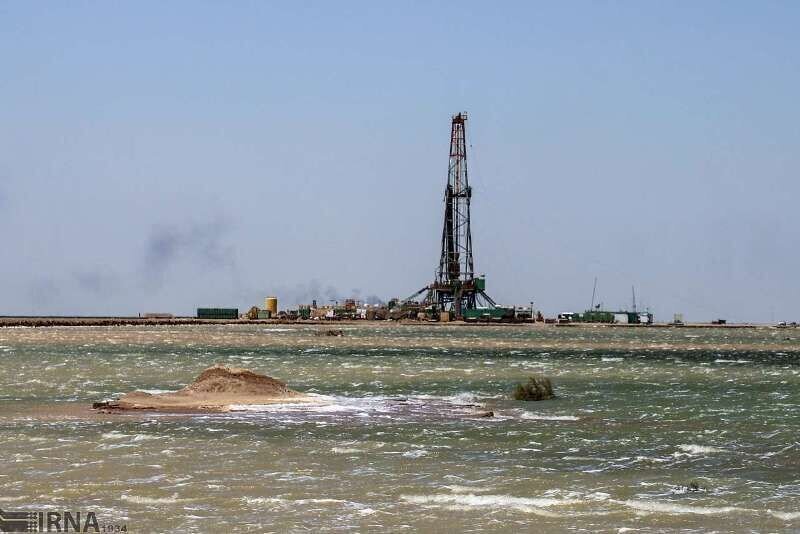NISOC to start 7 new projects to develop southern oil fields

TEHRAN – Managing director of National Iranian South Oil Company (NISOC) said the company was about to begin seven new development projects in southern Iran, under the framework of a program for maintaining and enhancing oil production in 28 reserves in the mentioned region, Shana reported.
“The projects include Ahwaz 14, Ramin, Maroon 25, Maroon 14, Mansourabad, Siyah-Makan, and Zilaie,” Ahmad Mohammadi said.
All the mentioned projects are going to be carried out by Iranian companies and the contractors for all of them have been determined and the projects will be started in the near future, according to the official.
According to Mohammadi, the projects have been awarded under Engineering, Procurement and Construction (EPC) and Engineering, Procurement, Drilling (EPD) contracts, and all the funding will be supplied from domestic sources.
NISOC which contributes to nearly 80 percent of Iran’s crude oil output, has defined 28 such project packages to be implemented in the fields it operates in southern Iran.
Back in January, managing director of Iran’s Petropars Group, which is the Monitoring and Controlling (MC) body in the 28-reserve program, said all the projects defined in this program will be handled by domestic firms.
“The project which includes more than a hundred sub-projects, including drilling of about 280 new wells and repairing hundreds of wells, could boost domestic trade and employment,” Hamidreza Masoudi said.
Back in May 2019, NISOC’s former Managing Director Bijan Alipour had announced that with the new reserves developed in the region, the company's oil production capacity would increase by 340,000 barrels over the next two years.
“About 70 percent of the program is implemented in Khuzestan province [southwestern Iran] and 30 percent in other neighboring provinces in the vicinity of the National Iranian South Oil Company’s territory,” he said.
In the preparation and implementation of this program, promoting domestic production through the use of the domestic workforce, domestic technology, and Iran-made equipment has been a priority for NISOC.
EF/MA
